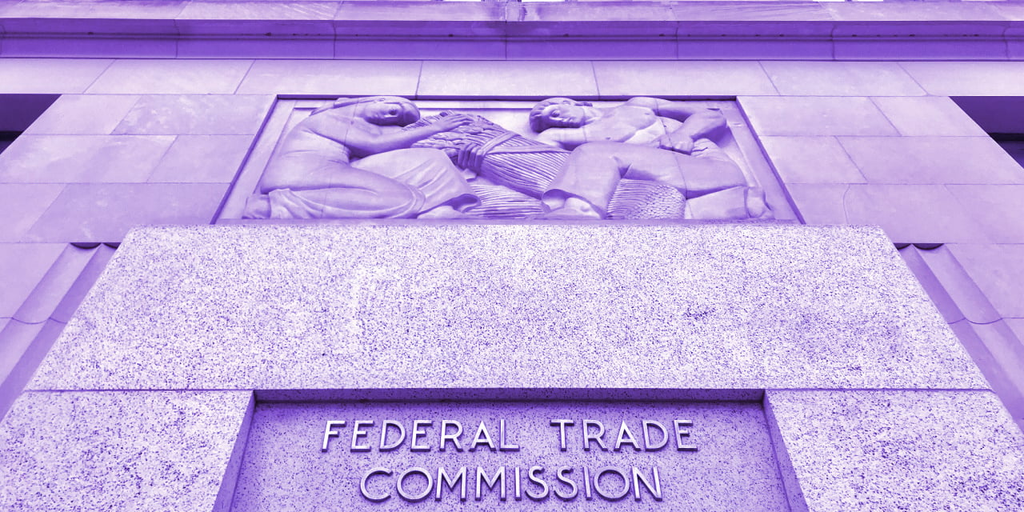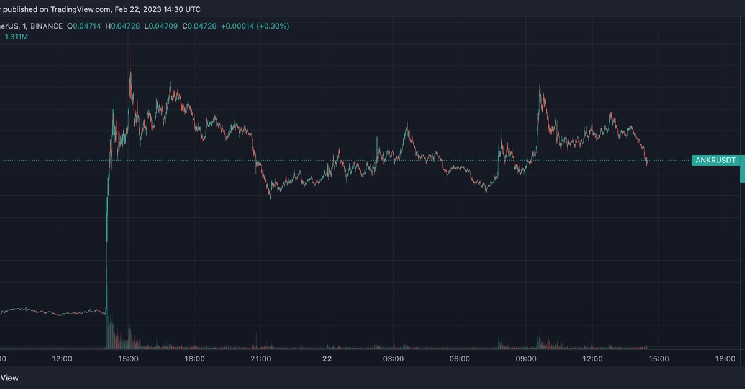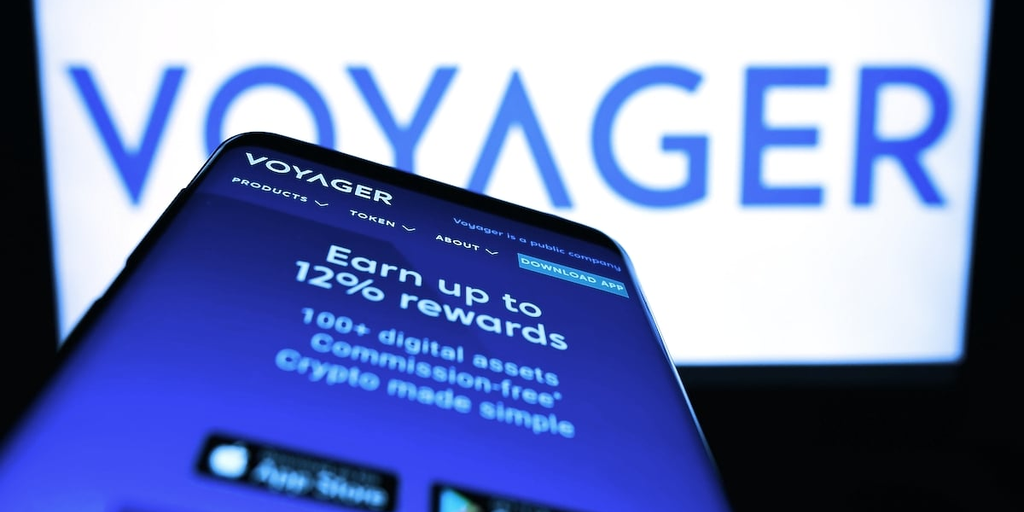
The Federal Trade Commission has objected to crypto broker Voyager Digital’s third attempt at a bankruptcy restructuring plan, saying it would unlawfully bar the company from being held accountable for “actual fraud, willful misconduct, or gross negligence.”
If the judge confirms the plan as it’s currently written, the FTC could technically be stopped from pursuing legal action or issuing fines against Voyager and its former employees. FTC attorney Katherine Johnson called the plan a “disguised discharge.”
In a court document filed Wednesday morning, Johnson wrote that the FTC has been investigating Voyager Digital “for their deceptive and unfair marketing of cryptocurrency to the public.”
Bankruptcy Judge Michael Wiles conditionally approved Voyager’s restructuring plan on January 13 and scheduled a hearing to confirm it next Thursday, on March 2, in Manhattan. Voyager Digital, which filed for Chapter 11 bankruptcy protection on July 6, filed its first restructuring plan in August, its second in October, and a third plan in December.
FTC bristles with new Voyager plan
It’s wording in a revision that Voyager’s legal team filed in January that the FTC takes issue with.
The plan estimates Voyager customers and creditors will see, at most, a 51% recovery of their assets.
It also specifies that any person or entity who has a legal claim against Voyager that predates confirmation of its restructuring plan “shall be precluded and permanently enjoined on and after the Effective Date from interfering with the use and distribution of the Debtors’ assets in the manner contemplated by the Plan.”
Voyager creditors have been through a roller coaster of a bankruptcy process so far.
The company was hit hard by the collapse of the crypto hedge fund Three Arrows Capital, or 3AC. It filed a default notice for 3AC’s outstanding loans, which totaled $673 million at the time, on June 27. Days later, Voyager filed for bankruptcy and began its restructuring process.
In August, Judge Wiles approved a motion for Voyager to return $270 million to clients. But that left more than $1 billion worth of assets left to be distributed among creditors.
By September, Voyager announced that Sam Bankman-Fried’s trading desk, Alameda Research, had acquired its distressed assets. But when FTX itself collapsed in November, Alameda went down with it and Voyager had to scrap that plan.
After reopening the bidding process, Voyager announced an agreement for Binance US, the U.S.-based arm of Binance, to acquire its distressed assets. The company even went so far as creating Binance US accounts for its U.S.-based clients—if they live in states where Binance US is allowed to operate. Customers who live in Hawaii, New York, Texas, and Vermont could have to wait up to six months longer than the rest.
Now it remains to be seen whether Voyager will have to submit a new or revised plan ahead of the March 2 hearing.
Stay on top of crypto news, get daily updates in your inbox.
Sourced from decrypt.co.
Written by Stacy Elliott on 2023-02-22 15:10:06.









